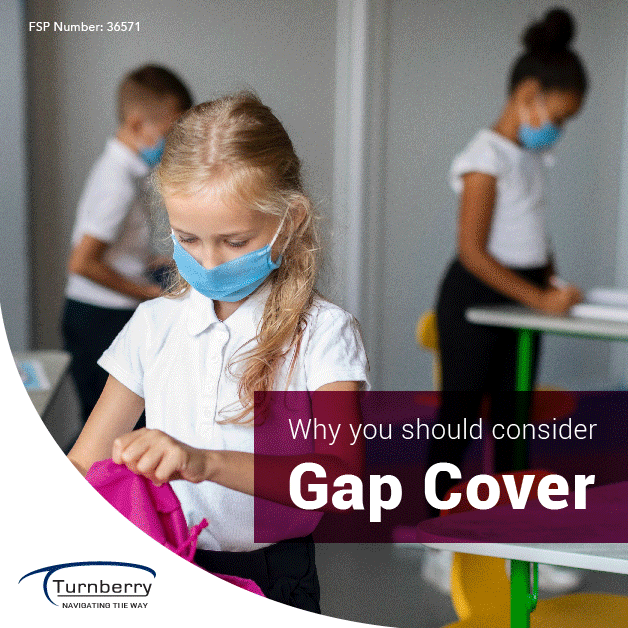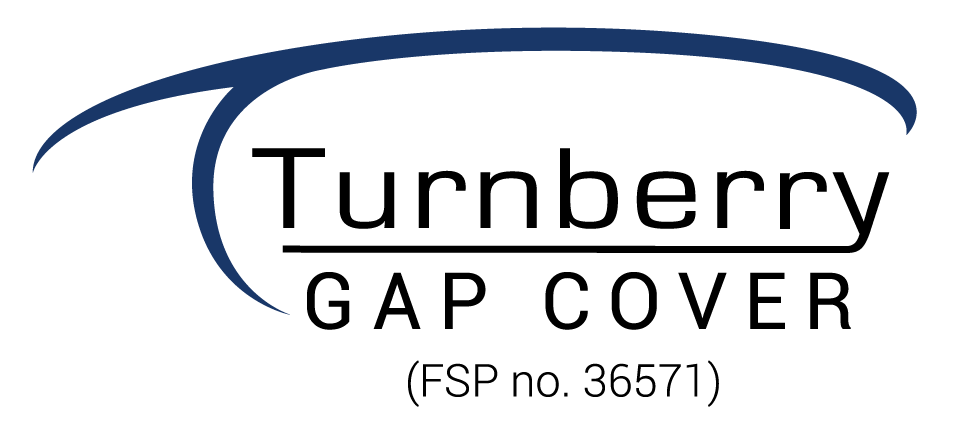
All4Women – 30th October 2020
We are living in unprecedented times for many reasons, and the effects of the Covid-19 pandemic on the medical industry as a whole have been significant…
For medical schemes in South Africa, the pandemic has highlighted the need for adequate cover. However, at a time when the unemployment rate is higher than it has ever been and pay cuts and retrenchments are common, many people are struggling to find the funds to continue to pay their medical aid premiums.
With the latest medical scheme changes, this challenge has only increased. In the wake of these updates, gap cover is critical to ensuring effective and affordable private medical cover.
Managing and mitigating risk
While members are feeling the pinch, medical schemes themselves have been negatively impacted too. They have had to pay for treatment for Covid-19 as a Prescribed Minimum Benefit (PMB), but despite this, certain schemes rose to the challenge in innovative ways.
For example, some schemes provided at-risk members with pulse oximeters, and implemented additional call centre capacity to follow up with members receiving treatment, explaining their benefits, among other efforts. Yet, this all comes at an additional cost.
While members are feeling the pinch, medical schemes themselves have been negatively impacted too
In addition to these extra unanticipated expenses, the usual emergency claims have still happened, including motor vehicle accidents, heart attacks, burns and more. These emergency claims are usually costly.
There has also been a decrease in the number of planned procedures, with many of these being put on hold due to Covid-19. However, while people have put off procedures in 2020 year, they cannot be put on hold indefinitely, which means we are likely to see more people having procedures in the 2021 year, resulting in a possible claims bubble.
Medical scheme updates
All medical schemes are challenged with the seemingly impossible task of keeping premiums affordable while recovering the costs of Covid-19 and managing their risk. The Council for Medical Schemes is cognisant of the challenges faced by members, and recommended a low increase in the region of 3.9%.
The majority of schemes have heeded this call, with MedShield increasing by an average of 5.9%, Bonitas an average of 4.6%, Momentum an average of 3.9% and Bestmed an average of 4%.
Discovery has taken a completely different approach, announcing that they will have a 0% increase for the first six months of 2021, after which they will announce their increases up to a maximum of CPI plus 2%.
While this is positive for member’s pockets one would also need to take into account that one’s medical savings account will not increase for the first 6 months of the year.
Gap cover helps minimise out of pocket expenses
These are by far the lowest increases we have seen in recent years, a sign of the unprecedented times we live in and medical schemes commitment to retaining its members. However, with the high rate of unemployment and the widespread salary cuts experienced by members, many people will be left with no choice but to opt for a lower plan. In addition, there will likely be very few benefit enhancements, with more sub-limits, and even higher co-payments.
Even before the crisis, medical aid increases were outstripping the Consumer Price Index (CPI). Members are increasingly having to take on additional financial burden by paying more out of pocket medical expenses. With the pandemic we have reached the stage where members’ ability to shoulder this burden is severely affected.
With the pandemic we have reached the stage where members’ ability to shoulder this burden is severely affected.
The other very real issue is that, with healthcare providers also increasing their rates, the low medical scheme increases will result in even greater discrepancies. For example, if the medical aid rate has increased by 3.9% and the healthcare provider by 6%, the gap between what is charged and what will be paid will increase.
With all of these challenges in mind, and in a time where disposable income is severely limited, gap cover is absolutely critical to protecting financial wellbeing and minimising out of pocket expenses.
Gap cover providers have also come to the table during these challenging times, and many of them are offering reduced waiting periods during the 2020 renewal period.
We are all feeling the effects of the pandemic in one way or another, and it is imperative to minimise unanticipated out of pocket expenses.
Members need to work with their financial advisor to review their benefits in light of medical scheme updates and ensure that they have the right gap cover in place to augment this cover and ensure they have the best protection in place to safeguard their financial future.
